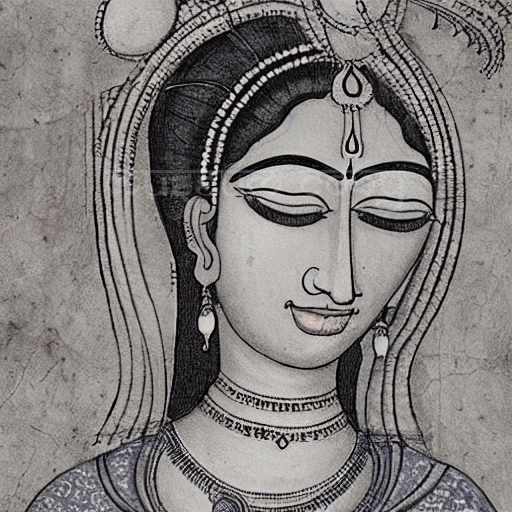The Impact of British Colonization on Music in India

British colonization had a significant impact on the music of India. The British rule in India, which lasted for nearly 200 years from the mid-18th century to 1947, brought about various changes in the socio-cultural fabric of the country, including its music.
One of the notable influences of British colonialism on Indian music was the introduction of Western musical elements and instruments. The British presence in India led to the fusion of Indian classical music with Western music, resulting in the emergence of new musical genres such as Indo-Western fusion music. Western instruments like the piano, violin, and guitar were introduced and gradually integrated into Indian music compositions. This infusion of Western elements brought about a significant shift in the sound and structure of Indian music.
One of the notable influences of British colonialism on Indian music was the introduction of Western musical elements and instruments. The British presence in India led to the fusion of Indian classical music with Western music, resulting in the emergence of new musical genres such as Indo-Western fusion music. Western instruments like the piano, violin, and guitar were introduced and gradually integrated into Indian music compositions. This infusion of Western elements brought about a significant shift in the sound and structure of Indian music.
Preserving Indian Music
Furthermore, the British colonial administration played a role in the preservation and promotion of Indian classical music. While initially viewing Indian music as primitive, British officials later recognized its artistic value and undertook efforts to document, study, and promote it. They established music schools and institutions like the Calcutta School of Music and the Madras Music Academy, which played a crucial role in preserving and disseminating Indian classical music. These institutions adopted Western methods of music education and notation systems, which helped standardize and systematize the teaching of Indian classical music.
Loss of Patronage
On the other hand, British colonialism also had adverse effects on traditional Indian music. The patronage system that existed under the Indian princely states and Mughal rulers declined during the colonial period, leading to a loss of royal patronage for musicians. This resulted in financial hardships for many musicians and a decline in the traditional guru-shishya (teacher-disciple) system of music education. Some traditional musical instruments and styles faced neglect and were at the risk of being forgotten.
The Complex Impact
Overall, the impact of British colonialism on Indian music was complex. While it introduced Western influences and helped preserve certain aspects of Indian classical music, it also disrupted traditional systems and led to the decline of certain musical traditions. Today, the legacy of British colonialism can still be seen in the diverse musical landscape of India, with a blend of indigenous traditions and Western influences coexisting and evolving.